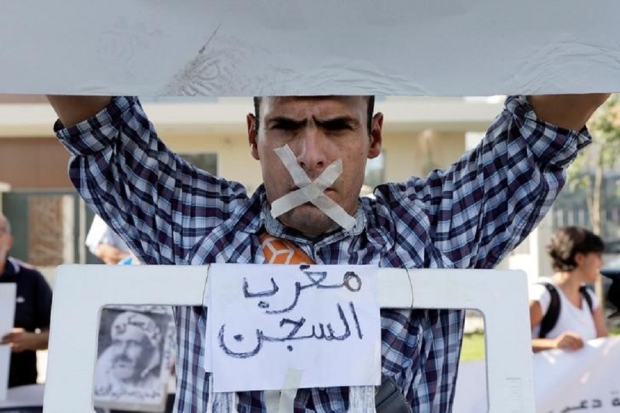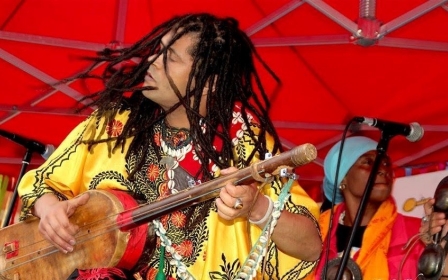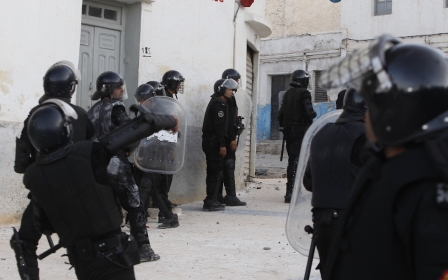Morocco's king fires ministers over economy in region shaken by protests
Morocco's king dismissed several ministers and top officials on Tuesday for failing to improve the economic situation in a region shaken by protests, a statement said.
Protests erupted in the Rif region around the northern city of Al-Hoceima last October, triggered by the death of a fishmonger whose produce was confiscated by police.
The man's death by being crushed in a garbage truck during a confrontation with police became a symbol of corruption and official abuse.
Protests, also fuelled by economic underdevelopment, continued there this year.
Morocco's King Mohammed dismissed the ministers of education, planning and housing and health, as well as other officials, after an economic agency found "imbalances" in implementing a development plan, state news agency MAP reported, citing a palace statement.
The protests, which became known as the Hirak movement, were directed at the government and the king's entourage rather than the monarch himself.
The king's move came as Hirak leader Nasser Zefzafi and 29 others accused of organising demonstrations in the northern region went on trial in Casablanca.
They face charges ranging from conspiring against the state to protesting without authorisation. Zefzaki's lawyer told Reuters he could be sentenced to death in a worst-case scenario.
The judge adjourned the session until 31 October, as Zefzaki's supporters protested in front of the court while some 70 lawyers attended the trial.
In July, the king pardoned dozens of people arrested in the protests and blamed the failure of local officials to quickly implement development projects for stoking public anger.
Abdessadek al-Bouchtaoui, a lawyer for detained protesters, described the mass pardon in July as "a positive step but it does not go far enough, because we are calling for the release of everyone held."
Protests following the death of Mouhcine Fikri, the fishmonger, last year, revealed Rif residents’ anger over corruption and neglect.
“The Rif is completely abandoned by the authorities,” a 20-year-old activist told Middle East Eye in November 2016. “It’s very hard to live here, to find a job. I want to change this country and this city’s situation. I am for a revolution.”
New MEE newsletter: Jerusalem Dispatch
Sign up to get the latest insights and analysis on Israel-Palestine, alongside Turkey Unpacked and other MEE newsletters
Middle East Eye delivers independent and unrivalled coverage and analysis of the Middle East, North Africa and beyond. To learn more about republishing this content and the associated fees, please fill out this form. More about MEE can be found here.





